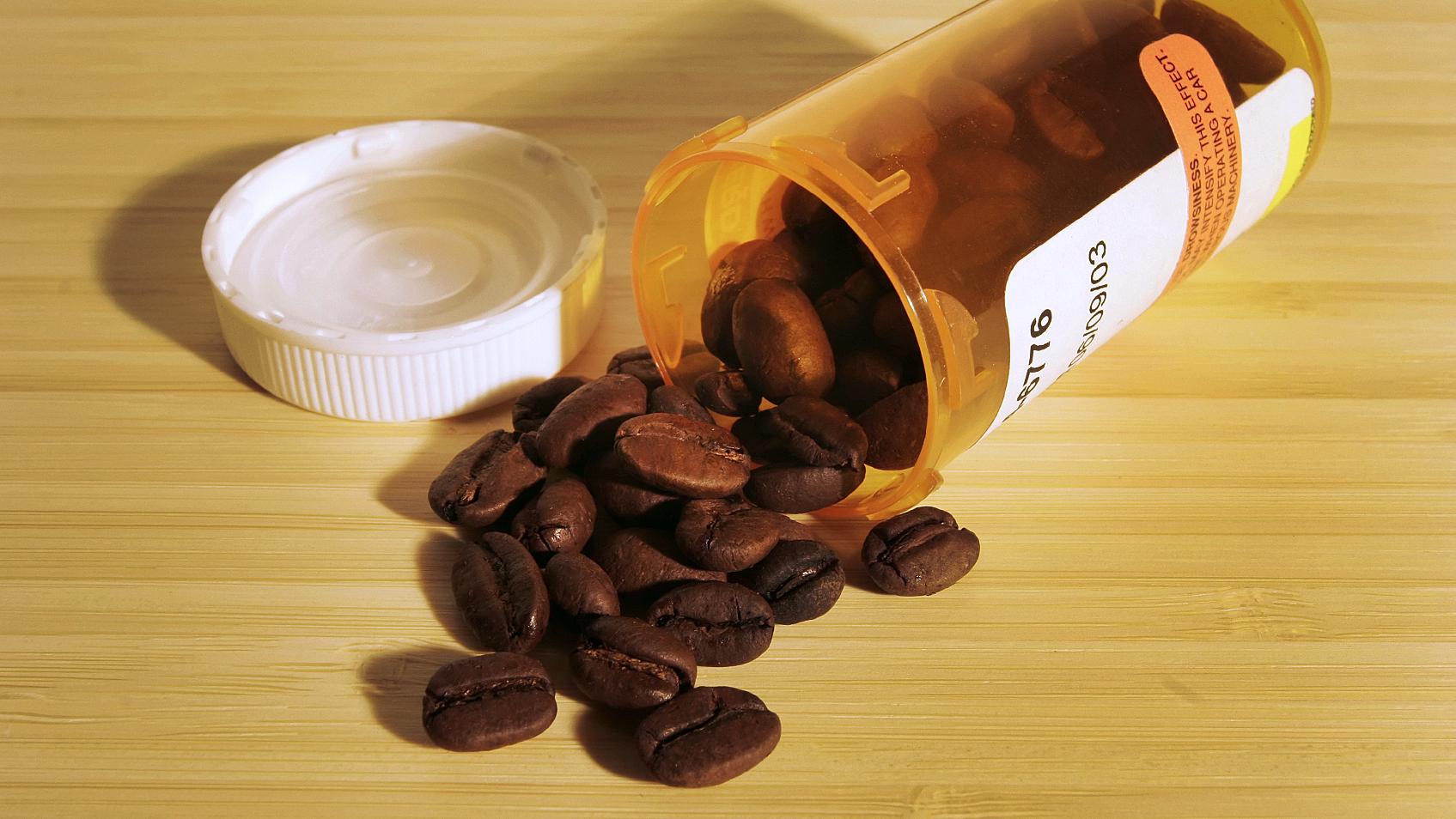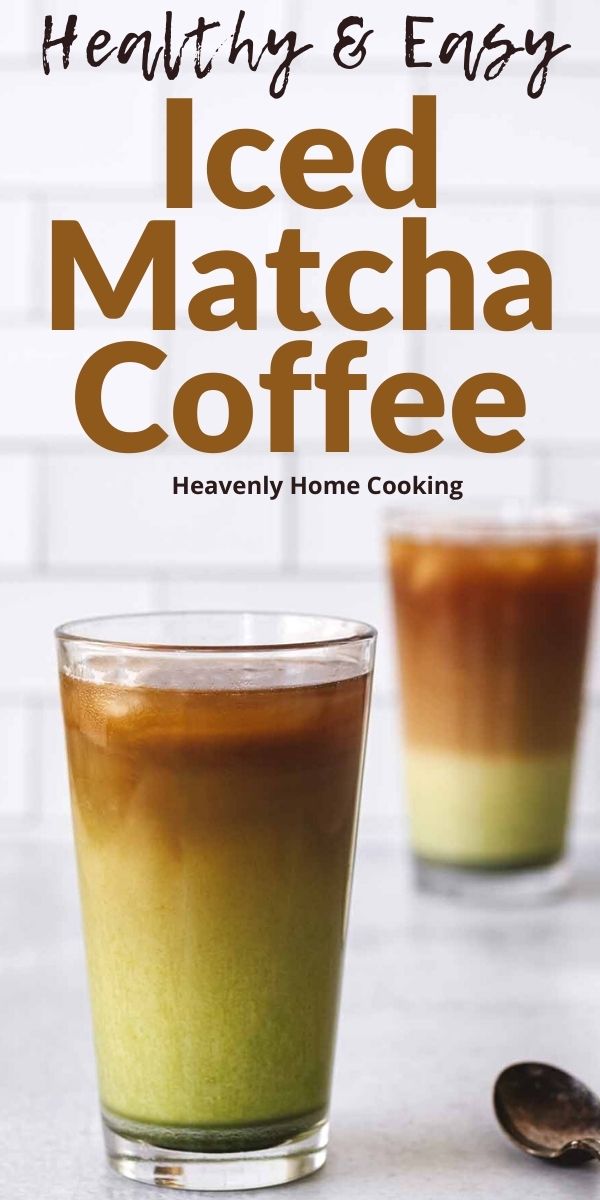
That is because matcha powder uses the entire green tea leaf, instead of just dipping the leaf in hot water which provides only around 10% of the plant’s nutrients.Īlthough both matcha and coffee stimulate alertness, matcha releases caffeine over time and its high concentration of theanine means that the caffeine is better harnessed to promote focus and concentration. Also, it’s worth noting that you tend not to get a caffeine crash with matcha. That’s considerably less than the equivalent cup of coffee, which contains around 95 mg of caffeine. An average matcha latte contains an average of 63 mg of caffeine per serving.

If you compare that to what you’d get from a tea bag – one bowl of matcha is equivalent to approximately 10 cups of regular green tea. Coffee contains more caffeine than matcha per serving. But dont generalize too quickly, matcha green tea has 60-70 mg of caffeine per 8oz. And far less caffeine than coffee, which has between 80-110 mg per 8oz. Thats less than black tea, which is usually 45-75 mg per 8oz. Matcha provides 3.25mg of calcium, 1.85mg of vitamin C, 20.5mg of potassium and 274mg of protein per serving amidst other vitamins and antioxidants that outnumber super foods like goji and acai berries. A typical cup of green tea falls in the range of 25-45 mg of caffeine per 8oz. Additionally, the alpha brain waves increase 40 minutes after a person consumes theanine, making this a great drink for students or professionals. Controlled experiments have shown that theanine has a positive effect on the mind and improves memory by increasing dopamine levels. Theanine is known for its ability to increase alpha waves in the brain and promote calmness and alert concentration, giving matcha users a great “zen” state.

Matcha plantations are shaded before harvest and this shading process boosts the levels of amino acids meaning matcha has the highest concentration of theanine. Tea is the only plant that makes the amino acid theanine. Slow and steady FTW: Unlike coffee, matcha contains phytonutrients that help your body process the caffeine more. This means that matcha provides a sustainable energy boost without the rapid 30-minute spike, slump, and jitters associated with coffee. Healthy AF: Matcha packs a decent antioxidant punch. With matcha, the caffeine is absorbed and released slowly by the body over a period of 6-8 hours. Matcha does contain caffeine (around 1/10th the caffeine of a cup of coffee) but the way matcha delivers caffeine to your body is very different to coffee and energy drinks and as a result matcha helps enhance energy and concentration and the antioxidants are transforming the health of our customers! We will cover the science behind why below! Matcha and Caffeine Absorption


 0 kommentar(er)
0 kommentar(er)
